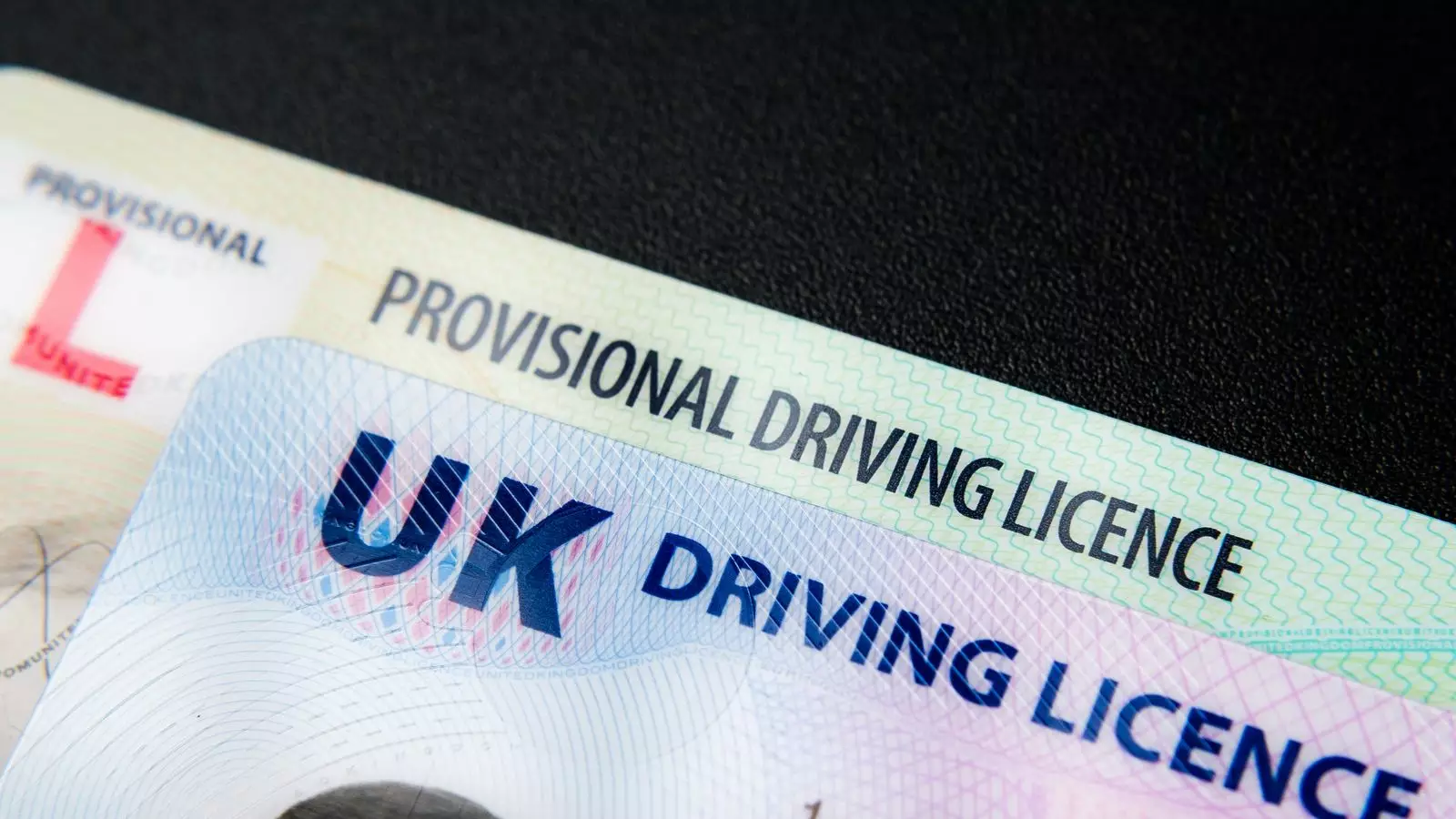The debate surrounding national identification (ID) cards in the United Kingdom is far from settled, oscillating between the promise of modernization and the shadows of civil liberties. As the UK stands out among developed nations that mostly embrace some form of ID system, this discussion takes on significant relevance. Research indicates that, out of 38 countries in the Organisation for Economic Co-operation and Development (OECD), only six do not employ a national ID scheme, and the UK is among them. The issue has garnered renewed attention, particularly after comments from former Prime Minister Sir Tony Blair, who reintroduced the concept of a digital ID card as a means of reforming governance and public service access.
The UK’s hesitance regarding national ID cards can be traced back to Blair’s original proposal during his tenure, which was met with resistance and was ultimately abandoned by the coalition government that succeeded him. Sir Tony’s advocacy highlights his belief that modern technology could finally actualize a system that not only modernizes how citizens interact with government services but also possesses the potential to relieve the nation’s financial burden. According to Blair’s Institute for Global Change, the implementation of a digital ID system could incur initial costs of around £1 billion and ongoing expenses of £100 million per year. However, the estimated savings of up to £2 billion annually for the Treasury create a compelling financial argument for reconsideration of such a system.
It’s essential to critically analyze these financial projections. While the proposed savings appear promising, it is crucial to question whether such a large-scale initiative can be executed effectively without exceeding initial budgetary estimates. Previous government projects have often faced issues of overspending or mismanagement, leading to skepticism regarding the viability of cost-saving claims. Moreover, the evaluation compiled by McKinsey indicating a potential three percent boost to GDP raises further questions about the concrete mechanisms by which digital ID systems would streamline bureaucracy, as well as whether those benefits could be equitably distributed across the population.
Contrasting the financial incentives, the civil liberties implications of compulsory ID cards cannot be overlooked. Critics argue that digital ID systems could lay the groundwork for a surveillance state, infringing on the privacy and freedom that citizens presently enjoy. Concerns are compounded by the fluid nature of digital records, which pose questions about data security and governmental overreach. The balance between utilizing technology for efficiency and safeguarding individual rights is delicate and warrants thorough examination.
International comparisons further complicate this discourse. Countries such as Chile and Luxembourg legislate ID card requirements, while others, including Norway, Hungary, and Japan, have adopted systems in recent years, suggesting a global trend towards increasing national identification efforts. However, one must ask whether the socio-political contexts in these countries are sufficiently comparable to justify direct parallels with the UK’s situation.
The UK government’s handling of the ID card discussion has been marked by indecision. Officials have conveyed conflicting messages regarding digital IDs, slyly oscillating between exploratory discussions and unequivocal rejections. Business Secretary Jonathan Reynolds’ remarks about Home Secretary Yvette Cooper’s review of the issue, followed by a subsequent retraction, speak to an ongoing uncertainty that pervades the governmental stance. This ambiguity creates an environment that is ripe for speculation and skepticism among the public.
The recent legislative measures that aim to establish “digital identities” provide a glimpse into the government’s attempts to find a middle ground. These proposed systems would allow individuals to exercise control over what information—such as addresses or biometric data—becomes part of their digital record. Nevertheless, despite assurances that these identities would not be mandatory or resemble traditional ID cards, a palpable tension persists regarding where such initiatives could lead.
The discourse surrounding national ID cards in the UK is intricate, encompassing financial rationale, civil liberties, and governmental consistency. With technology evolving rapidly, the implications of digitized identification extend far beyond mere governance—they touch upon the very fabric of societal values. As citizens navigate the potential for greater efficiency in public service accessibility, they must remain vigilant in protecting their rights and freedoms. Ultimately, any proposed system must prioritize transparency and civil rights to foster a robust dialogue that addresses both concerns and aspirations effectively. The challenge lies in finding that elusive balance while forging a path that not only embraces technology but also respects individual liberties.


Leave a Reply